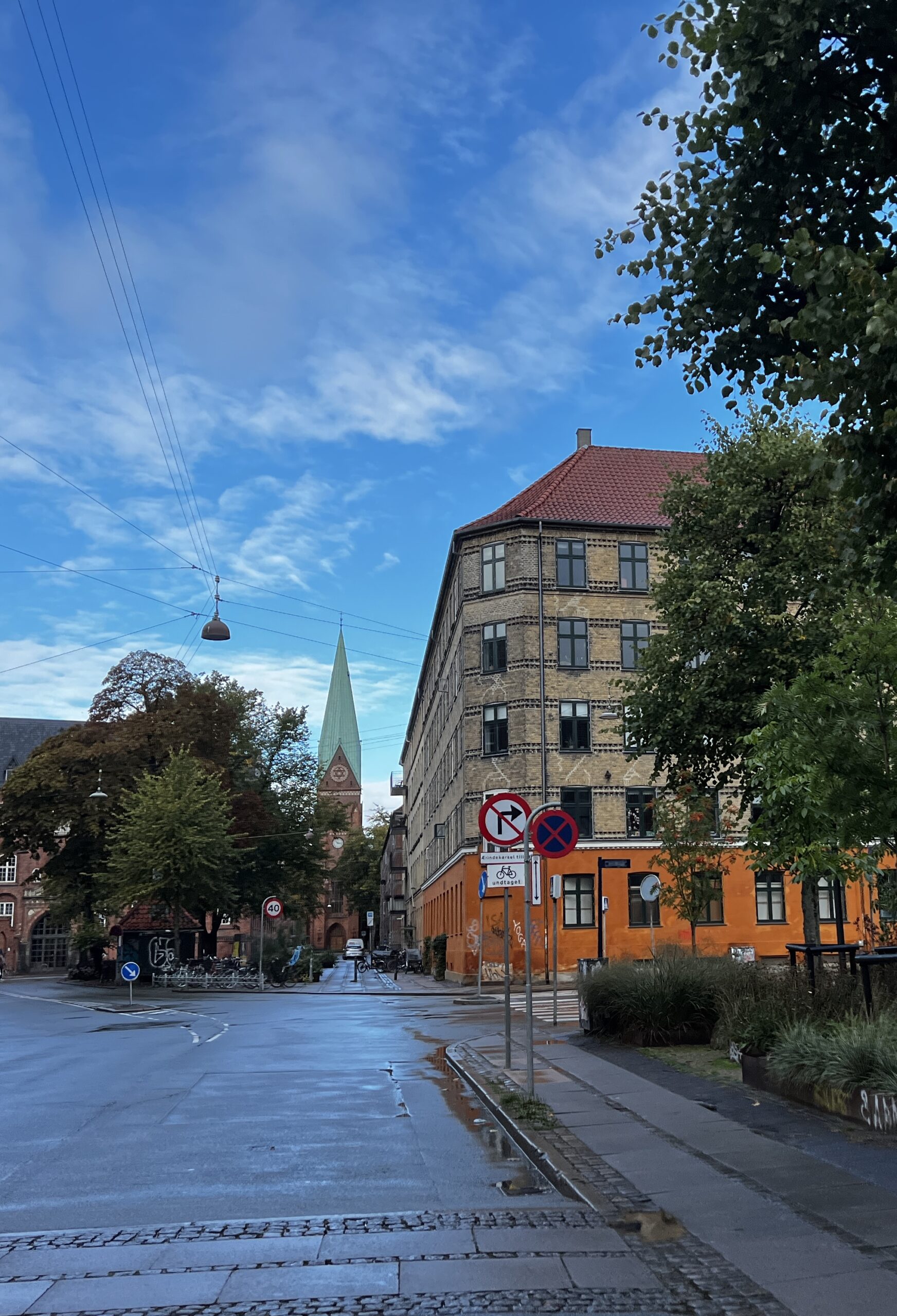
Austin, TX
The warm May evening fairly sizzled with bats. Out from under the crannies of Congress Avenue Bridge, Mexican free-tailed bats slipped out in threes, then tens, then hundreds, and flooded the Austin night, sipping from the skies tens of thousands of pounds of insects, as they did every spring and summer night. I felt at once the tickling of wings behind my ears and began shivering uncontrollably. No, fortunately not a bat—just the flick of a stranger’s ponytail at the back of my neck. But the shivery feeling remained; that contact with a stranger was a switch point in my mind. Any kind of creature, wonderful or mundane, slinked in the nooks and crannies of the city celebrated for its weirdness.
Lightheaded at the spectacle, I tried counting the bodies scissoring the air, but it would be impossible for one person to count the thousands of bats that made the bridge their cave-like habitat and emerged en masse each dusk to hunt on the wing. Tourists and bat enthusiasts bumped up against me, each of us with our necks craned to the sky. Impossible not to feel caught up in the inexorable pull of bats, all of which took the span of forty-five minutes to exit the bridge. I imagine their furred bodies huddled together under the bridge like upside-down acrostics, waiting their turns to spell out the ardors and energies of the night. I watched as if in a dream as their ancient world, redolent of damp earth and cave-slumber, opened to me as they blotted out the skies. They wedged open an imaginative space in which I began to see the sky as a both a time-space and a terrain, a site for negotiating space, for being as if in tempo with one another. They did not bump into each other, as we did. There was a harmony in their swarms. Not a cut in the sky before a bevy of bats came to staunch it.
I hardly understood at the time the wound growing in me. I had been living in Austin for nearly a year, and while I befriended a close-knit group of queer folks like me and reveled in the live music scene, the cool vintage shops and botanical gardens, the northeast beckoned me back. I couldn’t deny that its dense forests sprouted from my heart, the ragas of its seasons had structured the colors and moods of my soul. In a few months, I would be attending graduate school in New York; I’d be studying North American modernist poetry: everything I had ever wanted. But something inside me was roiling and had started to crack through the surface.
One day, out of the blue, I picked up a pack of cigarettes, then began starting smoking in earnest. I was in a relationship that had begun to feel more like a friendship, lacking the intimacy that I craved. I worked four part-time tutoring gigs to make ends meet and to feed my anxiety, which seemed to call for more and more activity to exhaust its insatiable appetites. I’d had a five-second encounter with a man—a shadow in the twilight—that had consumed me, day and night. For unbeknown reasons (An escape? A dare?), he had dashed across the exit of an expressway while I decelerated my car, but he seemed so close—just feet from my car’s bumper. I began to question myself. I could have hit him! Could I have hit him? What if I hit him? And later: how could I trust my memory? What if, what if, what if: the questions would not go away. Every time I hit a bump or pothole, I had to stop my car and check if I had run over someone, a splayed animal or person on the pavement. My senses and memories jockeyed for clarity, but the cracks and faults in my psyche would continue to widen. In Albany, I’d be diagnosed with OCD, but in Austin, I hadn’t yet—couldn’t yet—give voice to the traumas of my life, but they were speaking through my body in ways I couldn’t quiet.
Meanwhile, the bats flapped their wings just above my head. I pictured myself swallowing the insects alongside them. I filled the empty well inside me, their little bodies quivering within: moths, mosquitoes, flies, gnats, the tiny things of the earth. They pulsed in my belly and still a primeval hunger made me feast and feast. I savored the bats’ scattering across Austin city limits, pressed my face into the deepening night and fed. I was starting to learn more about what animals could do to my body. How they could fill it up and quiet it long enough to make me forget it for forty-five minutes.
Sarah Giragosian is the author of the poetry collections Queer Fish, a winner of the American Poetry Journal Book Prize (Dream Horse Press, 2017), and The Death Spiral (Black Lawrence Press, 2020). The craft anthology, Marbles on the Floor: How to Assemble a Book of Poems, which is co-edited by Sarah and Virginia Konchan, is forthcoming from The University of Akron Press. Sarah’s writing has appeared in such journals as Orion, Ecotone, Tin House, and Prairie Schooner, among others. She teaches at the University at Albany-SUNY.
Photo by Pexels user HitchHike.




